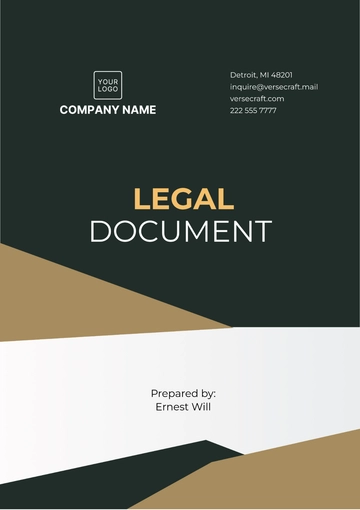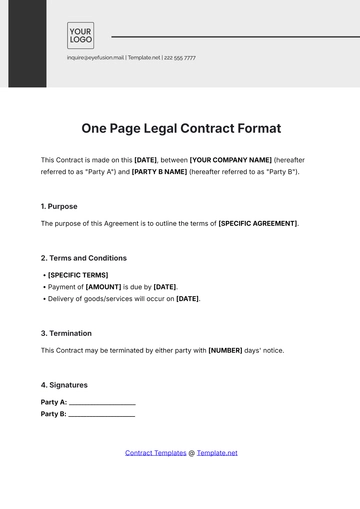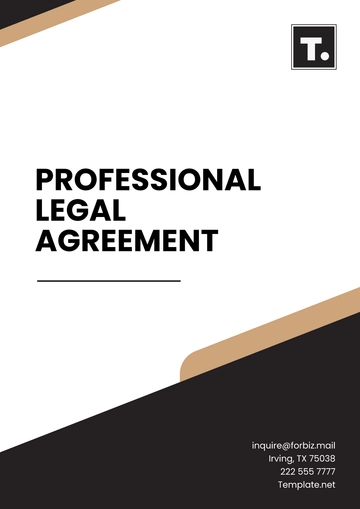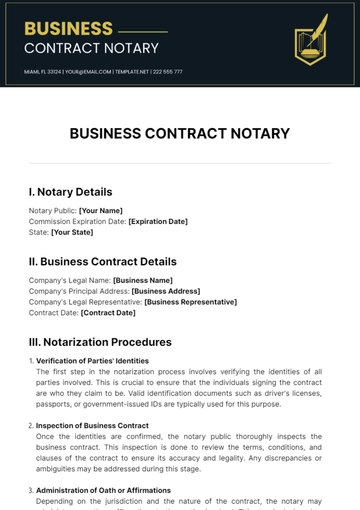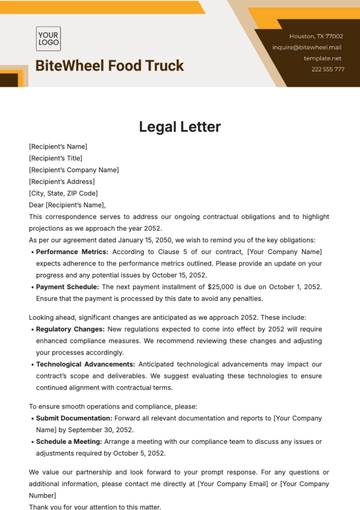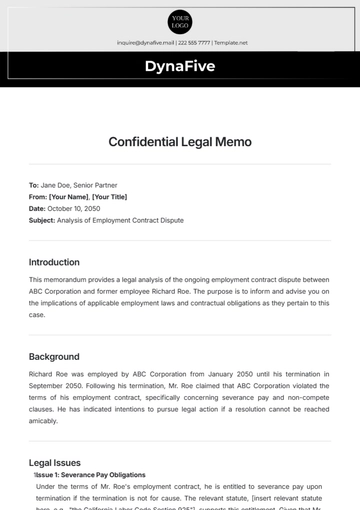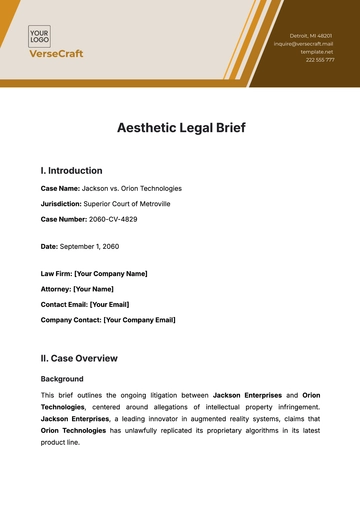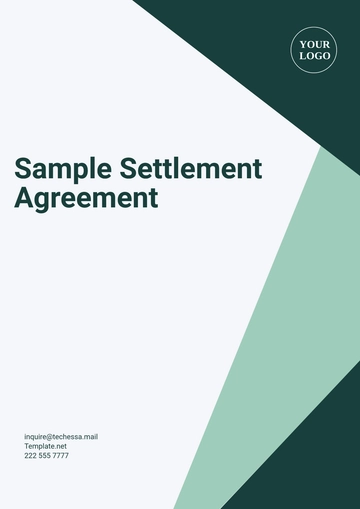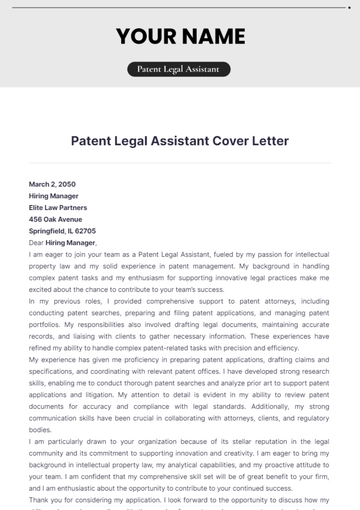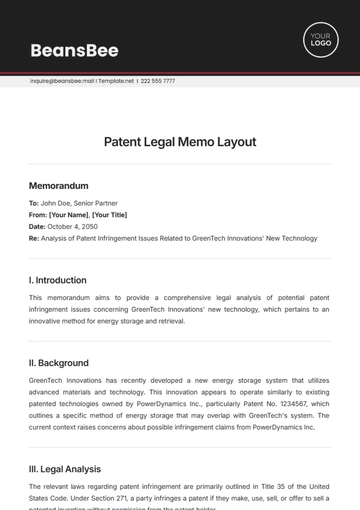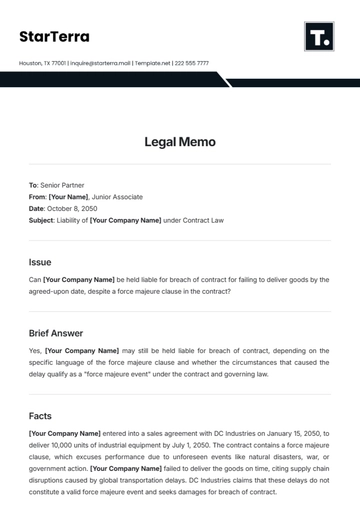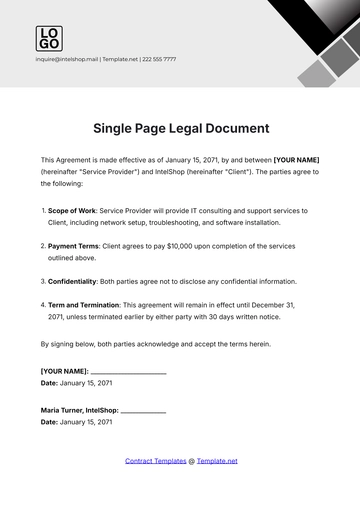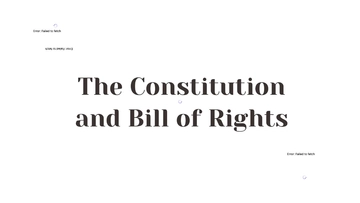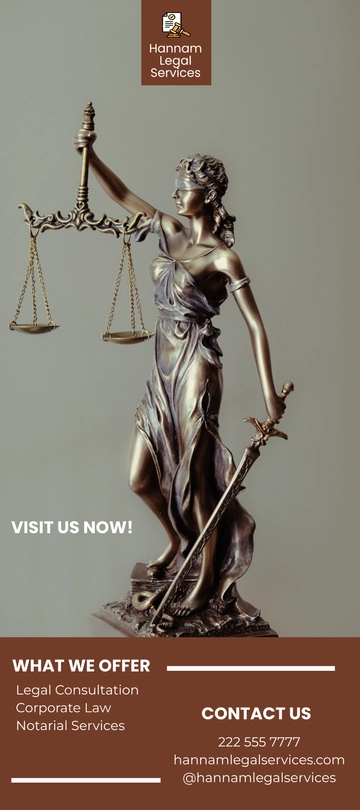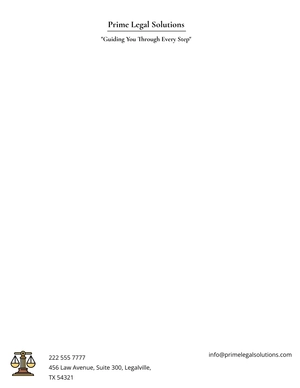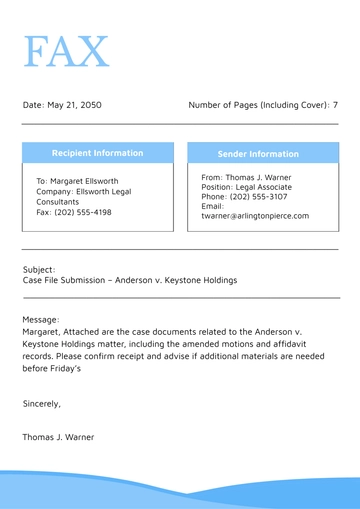Free College Case Brief
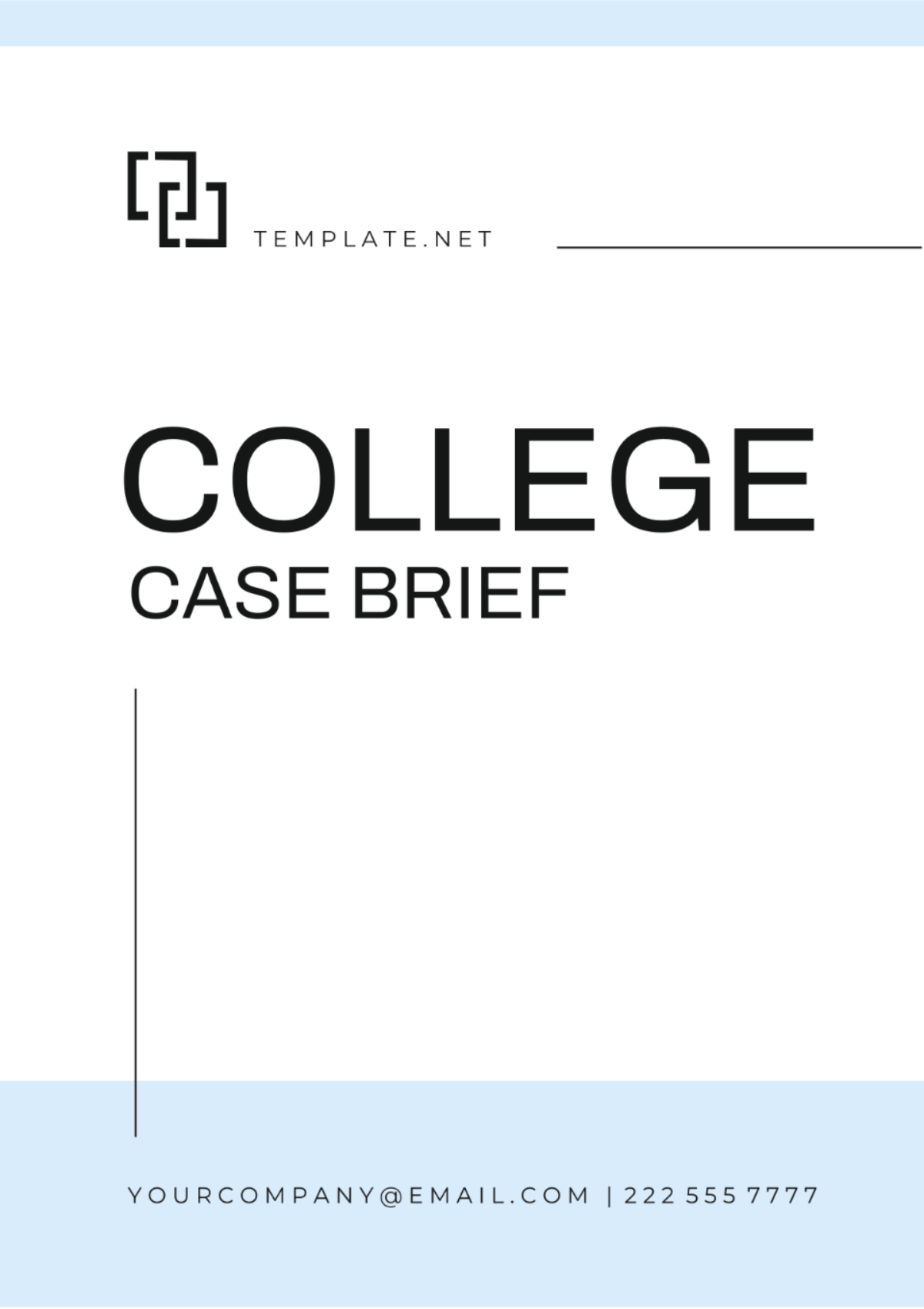
I. Case Information
Case Name: [Taylor v. State of New Columbia]
Citation: [2055 U.S. 102 (Supreme Court 2055)]
Court: [United States Supreme Court]
Jurisdiction: [Federal]
II. Facts
The case of [Taylor v. State of New Columbia] involves a challenge to the constitutionality of a new law passed by the [State of New Columbia].
[Wyatt Taylor] is a resident of [State of New Columbia] who filed the lawsuit challenging the law's constitutionality.
The law in question imposes restrictions on freedom of speech within designated protest zones in the [State of New Columbia].
[Wyatt Taylor] argues that the law violates his First Amendment rights to free speech and assembly.
III. Issues
Issue 1: Whether the law passed by the [State of New Columbia] violates the First Amendment right to free speech.
Issue 2: Whether the restrictions imposed by the law are justified under the principles of constitutional law.
Issue 3: Whether the [State of New Columbia]'s interest in maintaining public order outweighs the individual's right to freedom of speech.
IV. Rule of Law
First Amendment: The First Amendment of the United States Constitution protects the right to freedom of speech.
The government may only limit free speech rights if the restriction serves a compelling state interest and is narrowly tailored to achieve that interest.
Key Precedent: [Texas v. Johnson (1989)]
In [Texas v. Johnson], the Supreme Court held that laws prohibiting flag desecration violate the First Amendment right to free speech.
V. Analysis
Argument for [Wyatt Taylor]:
[Wyatt Taylor] argues that the law infringes upon his fundamental right to free speech and is overly broad in its restrictions.
He contends that the protest zones designated by the law effectively limit the ability of individuals to express dissenting views in public spaces.
Argument for the [State of New Columbia]:
The [State of New Columbia] argues that the law is necessary to maintain public order and safety during protests and demonstrations.
They assert that the restrictions on speech are reasonable and necessary to prevent violence and protect public and private property.
Court's Reasoning:
The Supreme Court analyzes the law in light of the principles established in [Texas v. Johnson] and other relevant precedents.
The Court considers the balance between protecting free speech rights and maintaining public order in a democratic society.
VI. Decision
Court's Ruling: The Supreme Court holds that the law passed by the [State of New Columbia] violates the First Amendment right to free speech.
Outcome: The law is struck down as unconstitutional, and the restrictions on speech within protest zones are invalidated.
VII. Rationale
The Court bases its decision on the fundamental importance of free speech in a democratic society.
It concludes that while the [State of New Columbia] has a legitimate interest in maintaining public order, the restrictions imposed by the law are not narrowly tailored to achieve that interest.
The Court emphasizes the need to protect robust public discourse, even in the face of potential disruptions or disagreements.
VIII. Dissent
Dissenting Opinion: Justice [Emma Powell] writes a dissenting opinion, arguing that the restrictions imposed by the law are necessary to prevent violence and ensure public safety.
Justice [Powell] contends that the majority's decision undermines the ability of states to regulate speech in the interest of maintaining order and security.
- 100% Customizable, free editor
- Access 1 Million+ Templates, photo’s & graphics
- Download or share as a template
- Click and replace photos, graphics, text, backgrounds
- Resize, crop, AI write & more
- Access advanced editor
Discover the ultimate solution for crafting precise and comprehensive case briefs with ease! Our College Case Brief Template from Template.net offers an editable and customizable format, ensuring tailored summaries for every legal study. With seamless integration into our Ai Editor Tool, streamline your process and elevate your legal analysis effortlessly.
